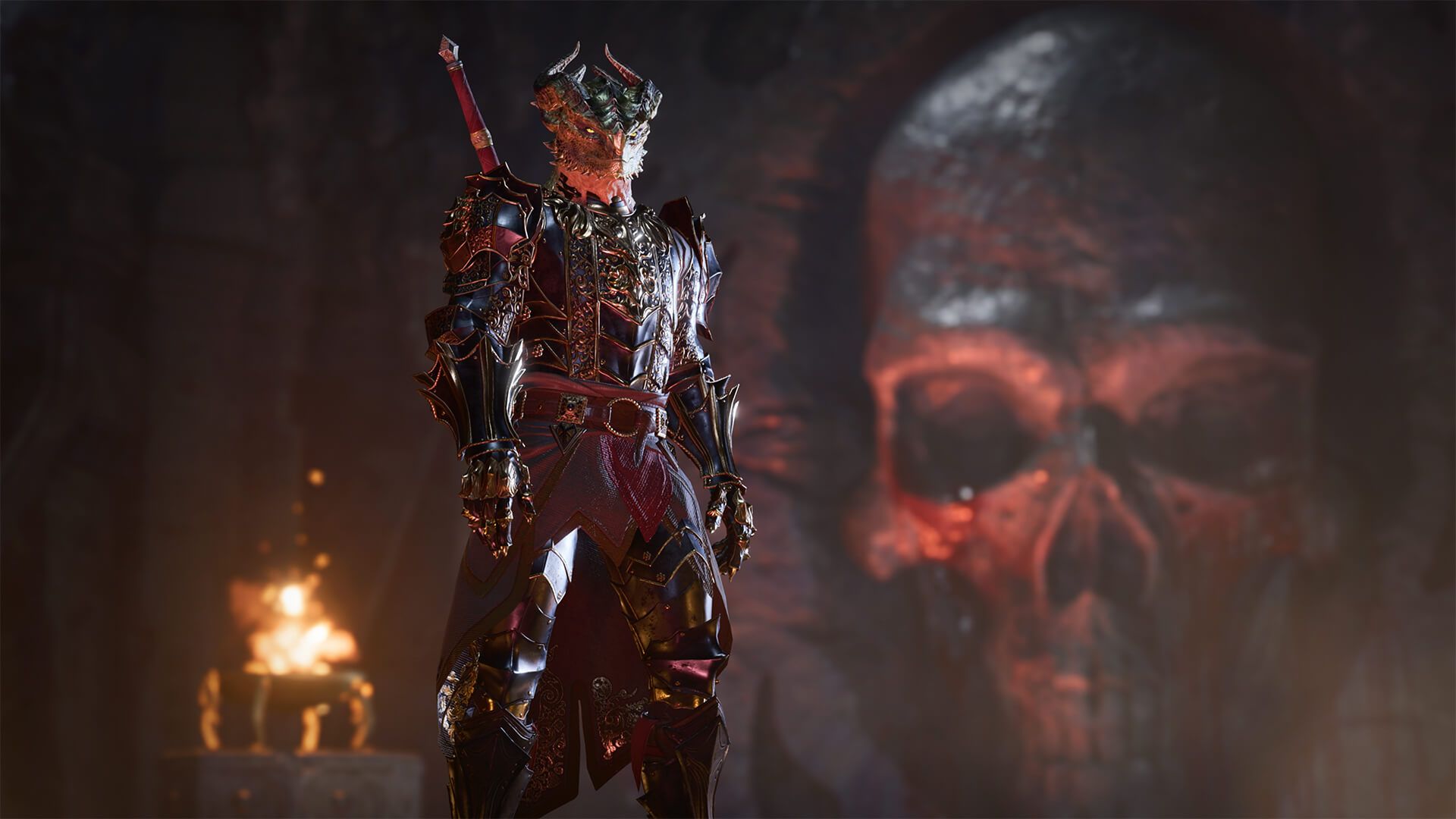Larian Studios posted a profit of nearly $260 million in 2023, a recovery after losing $223,000 in 2022. The surge in profitability resulted from the success of Baldur’s Gate 3, which generated approximately $446 million in revenue and sold at least 15 million copies. This positions Baldur’s Gate 3 as one of the year’s best-selling games, with sales reportedly double that of the studio’s previous title, Divinity: Original Sin 2, which sold over 7.5 million copies.
Larian Studios’ financial rebound is striking, especially compared to the preceding year’s figures. Reports indicate that in 2022, the company generated just €22.7 million ($24 million) in total revenue and encountered an operating loss. In stark contrast, the 2023 profits and revenue illustrate the considerable impact of Baldur’s Gate 3, which has benefitted from extensive player engagement. As of February 2023, the game boasted over 10 million players, a testament to its popularity and critical acclaim.
Can Larian Studios top Baldur’s Gate 3 with its next RPG masterpiece
The Irish Independent provided essential financial data, revealing that Larian’s Dublin-based holding company reported a pre-tax profit of €249 million. The increase in overall revenue, nearly twentyfold from the previous year, showcases the rapid success of Baldur’s Gate 3, which continues to attract users. Observations indicated that the game accounted for many sales, with estimates suggesting around 20 million owners on Steam alone. Meanwhile, Hasbro, which owns Dungeons & Dragons, reported earning $90 million due to the success of Baldur’s Gate 3.
Despite its financial success, Larian has hinted that it might be stepping back from actively supporting Baldur’s Gate 3. The studio indicated plans to release official modding tools before winding down further updates. The focus will shift as Larian looks to create new, original projects, moving away from the Dungeons & Dragons license. This change reflects a desire for creative exploration rather than merely capitalizing on the existing game’s success.

Swen Vincke, CEO of Larian Studios, expressed enthusiasm for the new projects in development and said the design principles from Baldur’s Gate 3 would continue to inform future work. He acknowledged the excitement and challenges involved in presenting their upcoming game concepts. “It’s still early days,” Vincke stated, highlighting the studio’s commitment to delivering immersive gaming experiences where player choices matter.
As Larian Studios embarks on new projects, it affirms that the same creative energy that propelled Baldur’s Gate 3 will guide its future endeavors, with two new RPGs already in the works. The studio’s independence, notably bolstered by its profits, allows it to focus on its long-term vision without external pressures typical in publicly traded companies.
Larian’s rapid financial turnaround reminds us of the volatile nature of the gaming industry. Historical challenges the studio faces underscore the risk involved in game development, as periods of financial strain can occur before a successful launch. Before its success with Baldur’s Gate 3, Larian experienced several tough years, including layoffs and the struggle for stability within the highly competitive.
Despite external market pressures, Larian’s independent status allows it to prioritize creative vision over stockholder demands. This autonomy has been instrumental in driving the studio’s innovative design ethos, which resonates with dedicated fans of the role-playing genre.
As Larian prepares to announce its future projects, industry observers closely monitor player response and the impact of these new titles on the gaming place. With the sustained player interest in Baldur’s Gate 3 evident from increasing daily active users—reported to be up 20% year-over-year—there’s potential for continued relevance in the market. The ongoing success raises questions about how Larian will adapt and expand its narrative-driven approach amidst changing industry dynamics.
Images credit: Baldur’s Gate 3





